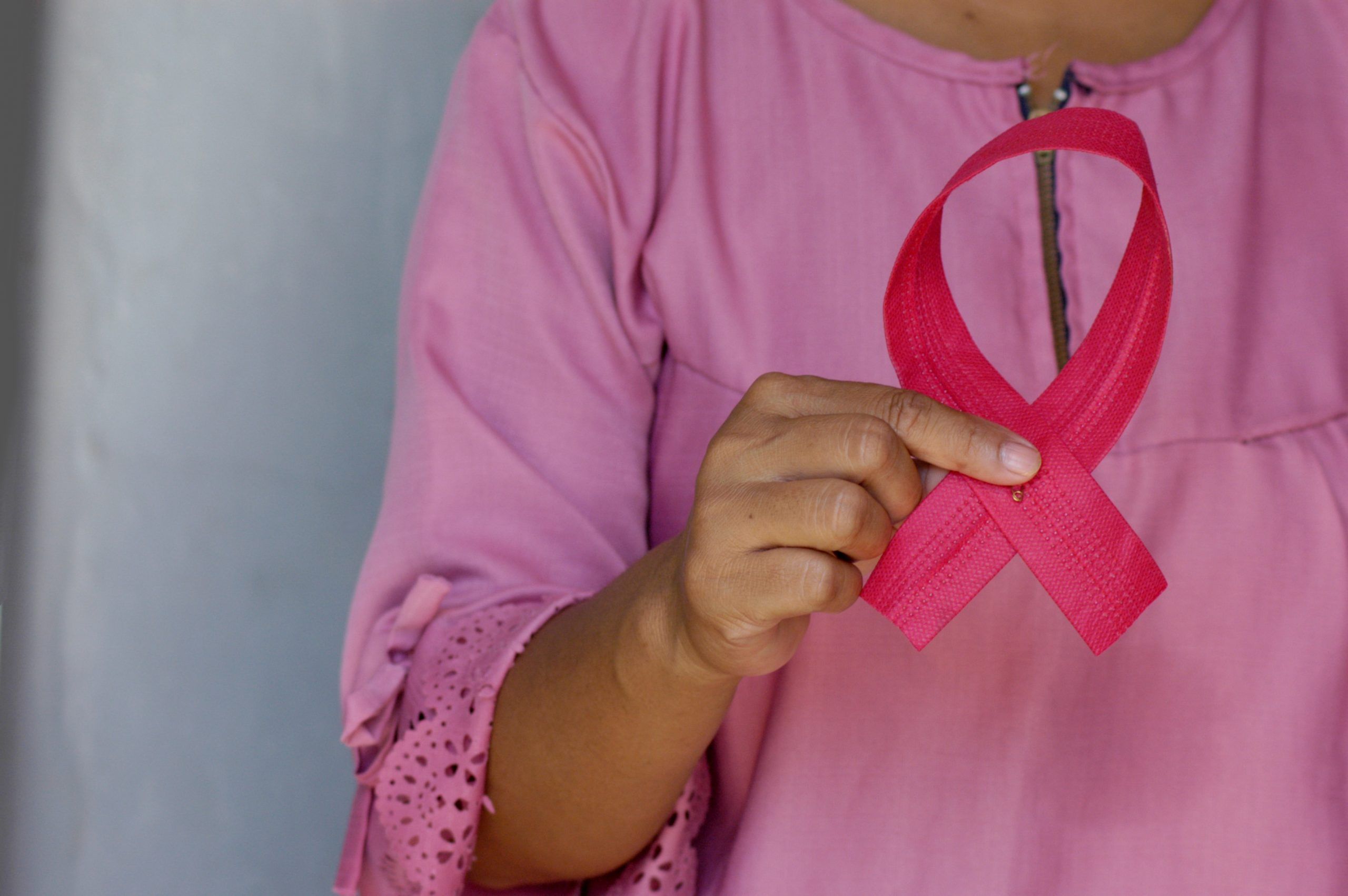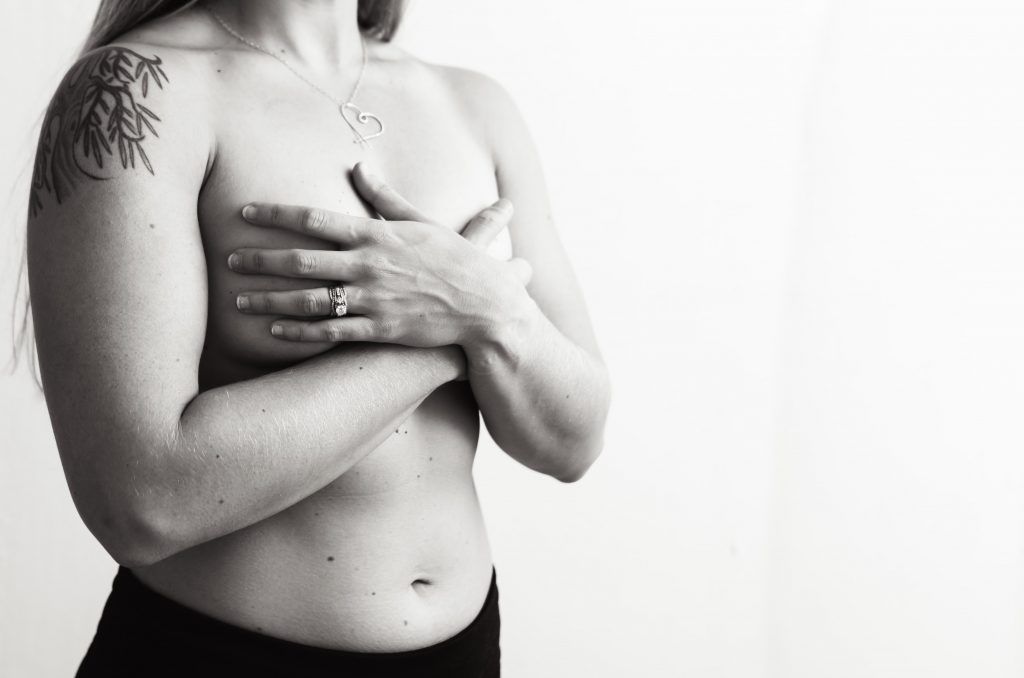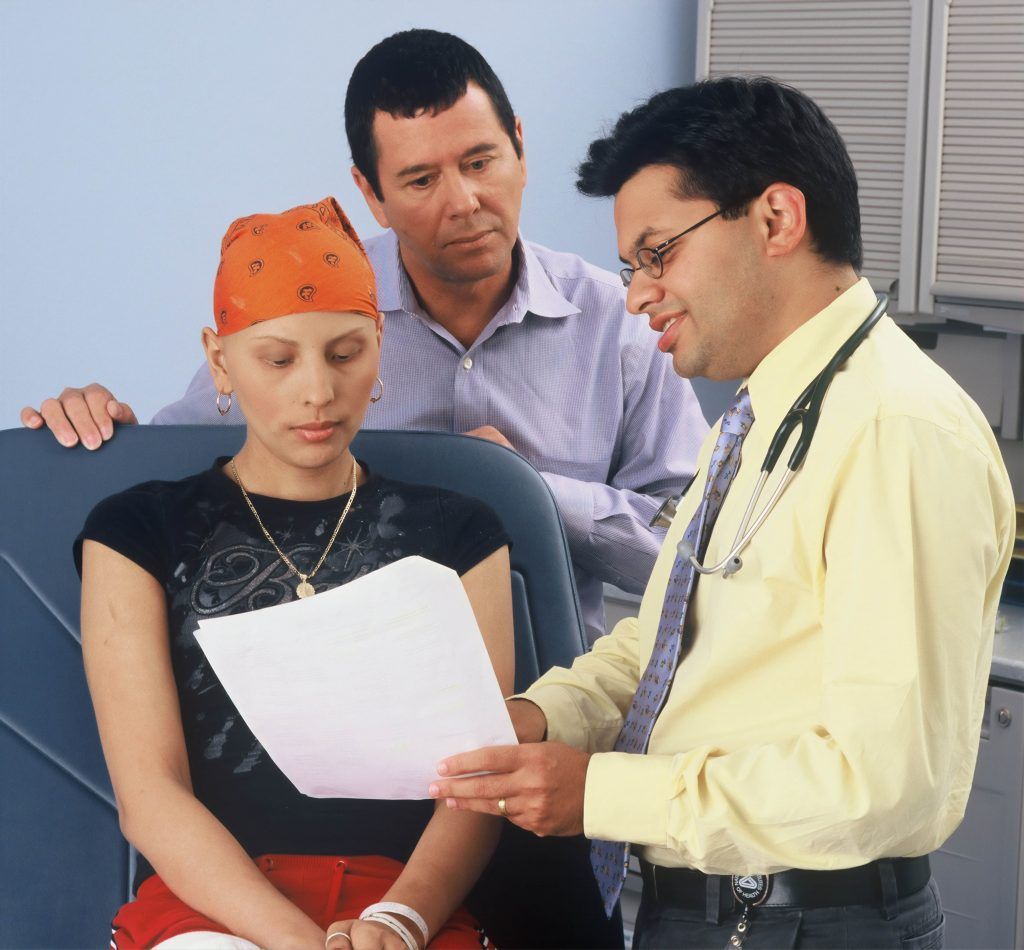
Given today’s world, cancer is no longer a rarely heard word. Today, we are going to be busting the most common breast cancer myths.
The current cancer statistics are mind-boggling. Cancer is currently the leading cause of death worldwide with almost one in six deaths being cancer-related. Breast cancer is one of the most common causes of cancer in the world, accounting for almost one-fourth of the new breast cancers being diagnosed in women. In fact, almost 70 to 80 women die of breast cancer every hour in the world.
Since the entire world is on the internet now, needless to say, there are many breast cancer myths that are widely prevalent in society. These myths about various aspects of breast cancer, for example, what causes it, prevention, and treatment, not only hinder the optimum cancer treatment delivery but also affect the social, physical, and mental well-being of cancer patients. That is why we got in touch with Dr. Pankaj Kumar Garg, Professor and Head of the Department of Surgical Oncology at Shri Mahant Indiresh Hospital in Dehradun to bring to you what truth about breast cancer myths.
Busting the most common breast cancer myths
Myth: All breast lumps are cancers

Fact: No. As a matter of fact, the majority of the breast lumps in the reproductive age group are not cancers; however, as the incidence of breast cancer is rising, all breast lumps must be evaluated medically to rule out the malignancy.
Myth: Breast cancer rapidly spreads following biopsy
Fact: This is a common breast cancer myth and can lead to treatment delays in the absence of confirmation of diagnosis through biopsy. A biopsy involves taking a minute piece of tissue to look at it under the microscope to be sure that the swelling is indeed a tumor and not any other disease.
Myth: Breast cancer affects only elderly women and spares young women
Fact: This is one of the biggest myths. As a matter of fact, breast cancer is increasingly being observed in women in the below-40 age group. Moreover, breast cancer in young women is usually aggressive, spreads rapidly, and presents in an advanced stage.
Myth: Breast cancer can spread from one person to another

Fact: Absolutely not. This is a common myth that is prevalent even in educated people. Breast cancer is not a contagious disease and does not spread from one person to another by touching or sharing utensils and clothes. However, this myth usually leads to social and emotional discrimination against breast cancer patients.
Myth: Breast cancer is painful
Fact: In fact, in the early stages, breast cancer usually presents as a small painless lump in the breast. The lump is so innocuous looking that patients usually ignore it initially and do not seek treatment. Once breast cancer becomes painful, it means that the disease has progressed.
Myth: Breast cancer is seen only in women and not in men

Fact: This is the biggest myth that needs to be busted. Breast cancer can also be present in men, though it is rare and not as common as breast cancer in women.
Myth: Wearing a bra can lead to breast cancer in later stages

Fact: This is absolutely a myth. There is no evidence to suggest that wearing a bra can cause cancer.
Myth: Trauma to the breast can lead to breast cancer
Fact: Injury or trauma to the breast does not cause cancer. However, trauma may bring the attention of the woman to an already existing breast lump that can prove to be cancer.
Myth: Eating sugar and sweets causes breast cancer

Fact: There is no direct link between eating sugars and sweets and the development of breast cancer. However, eating refined sugar, sweets, and fast food put people at risk of developing obesity which is a definite risk factor for cancer.
Myth: Usage of cell phones can cause breast cancer
Fact: No study has so far proved that using cell phones can cause breast cancer.
Myth: Living close to electric and mobile towers can cause breast cancer
Fact: Again, this is just another myth. There is no scientific evidence to suggest that living close to electric and mobile towers causes cancer.
Myth: If one of my family members has breast cancer, I am also bound to develop cancer
Fact: Not necessarily. Though breast cancer can be hereditary and can run in families, almost 90-95% of breast cancer cases are not hereditary and do not run in families. In fact, the majority of the patients with breast cancer do not have any known family history. However, any woman with a family history of breast cancer must go for genetic counselling to assess the cancer risk assessment and discuss preventive strategies.
Myth: There is a single standard treatment for all breast cancers

Fact: Absolutely not. The treatment of breast cancer is individualised for a given patient depending upon a number of tumor factors, and the condition and preferences of the patient. Some patients may require only surgery or cancer chemotherapy while some may require a combination of surgery, cancer chemotherapy, radiotherapy, and hormonal therapy. So, the treatment plan for every patient is tailored to her needs.
Myth: Losing the breast is the only treatment option for breast cancer
Fact: That is not true. Currently, a number of breast conservation techniques are available to preserve the breast in the majority of women with breast cancer.
Featured Image: Courtesy Unsplash/Angiola Harry, Hero Image: Courtesy Unsplash/Milad Fakurian

